Samsung begins developing MicroLED displays for next-gen smartwatches
We may earn a commission if you make a purchase from the links on this page.
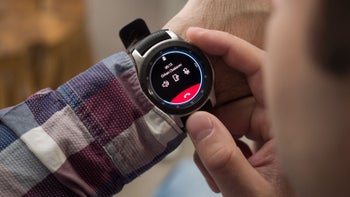
While MicroLED is a high-end technology, currently only available on some of Samsung’s more expensive TVs, it’s certainly on the rise. Now, ETNews has released а report (translated source) that Samsung is planning to start using the MicroLED know-how in order to manufacture better smartwatch screens. And later on, maybe even smartphone screens to equip the successors of the much expected Galaxy S23 with.
From the report, it would appear that the Korean Tech Giant hopes to finish their version of the technology’s development cycle by the end of 2023. That means that hoping to see a real demo this year is probably unwise, but next year does seem optimistic.
According to the publication, the Samsung Display team is already hard at work, and their research may extend to cover other mobile displays too. Last year, Samsung did go on record stating that they believe the MicroLED technology is a much better fit for AR and VR when compared to the currently utilized OLED.
From the report, it would appear that the Korean Tech Giant hopes to finish their version of the technology’s development cycle by the end of 2023. That means that hoping to see a real demo this year is probably unwise, but next year does seem optimistic.
According to the publication, the Samsung Display team is already hard at work, and their research may extend to cover other mobile displays too. Last year, Samsung did go on record stating that they believe the MicroLED technology is a much better fit for AR and VR when compared to the currently utilized OLED.
What is the advantage of MicroLED displays?
For starters, MicroLED are brighter and they can achieve better contrast. Their color accuracy is allegedly unmatched and they are also said to be way easier to view in direct sunlight. We don’t have any stats to back that up, as such screens aren’t in our smartwatches yet, but we’ll make sure to keep you posted.
Oh, and MicroLED technology is more resistant to hot and cold temperatures, making them a logical fit for smaller devices. Oftentimes with beefier hardware means cooling issues, and a screen that gets quite warm, so maybe MicroLED will offer a solution to that issue.
While all that does sound incredibly nice, we all know how these stories go, and there is always a catch. So, what is it this time? Well, basically MicroLED is difficult to manufacture and way more expensive than OLED. That, however, won’t dissuade Samsung from giving its best to achieve the set goal of creating an affordable and commercially viable MicroLED watch screen by 2024.
It is quite apt that this news breaks just as Apple announced their intention to see the Apple Watch fitted with a MicroLED screen by 2025. Is this the start of the latest tech-race or a sign for a brand new partnership? Only time will tell, and whatever it turns out to be, we can’t wait to see the tech it will result in.
More — and mayhaps most — importantly, they are significantly more power efficient, which as we all know is a big deal in smart wearables, as oftentimes the Display is the most draining part of the entire watch. Now imagine that your favorite Galaxy Watch 5 Pro could have double the battery life. Nice!
Oh, and MicroLED technology is more resistant to hot and cold temperatures, making them a logical fit for smaller devices. Oftentimes with beefier hardware means cooling issues, and a screen that gets quite warm, so maybe MicroLED will offer a solution to that issue.
While all that does sound incredibly nice, we all know how these stories go, and there is always a catch. So, what is it this time? Well, basically MicroLED is difficult to manufacture and way more expensive than OLED. That, however, won’t dissuade Samsung from giving its best to achieve the set goal of creating an affordable and commercially viable MicroLED watch screen by 2024.
It is quite apt that this news breaks just as Apple announced their intention to see the Apple Watch fitted with a MicroLED screen by 2025. Is this the start of the latest tech-race or a sign for a brand new partnership? Only time will tell, and whatever it turns out to be, we can’t wait to see the tech it will result in.



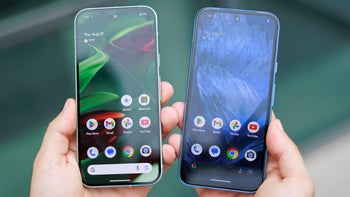



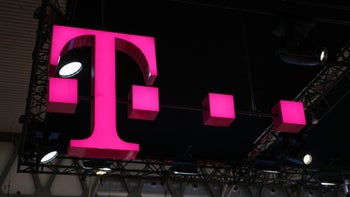


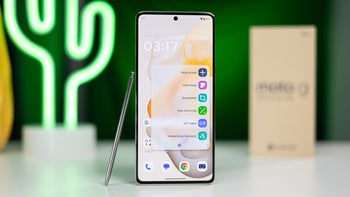
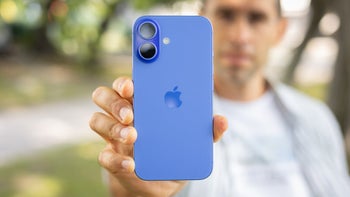
Things that are NOT allowed: